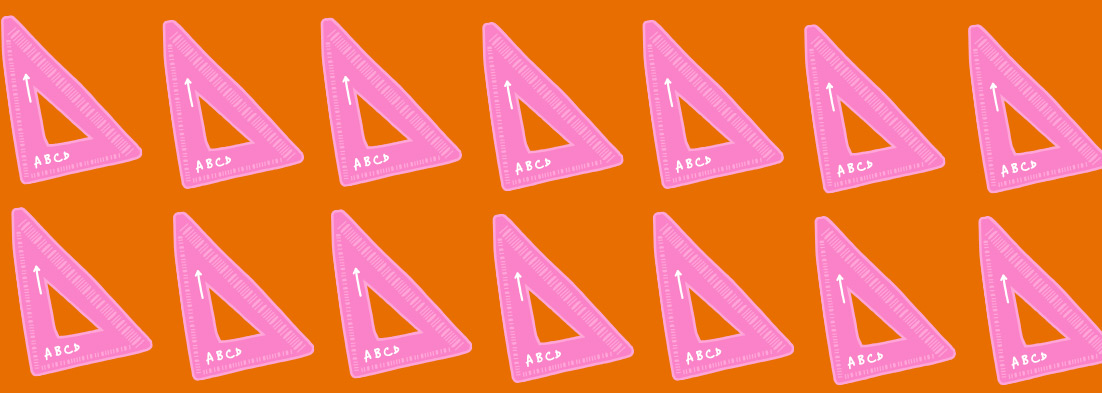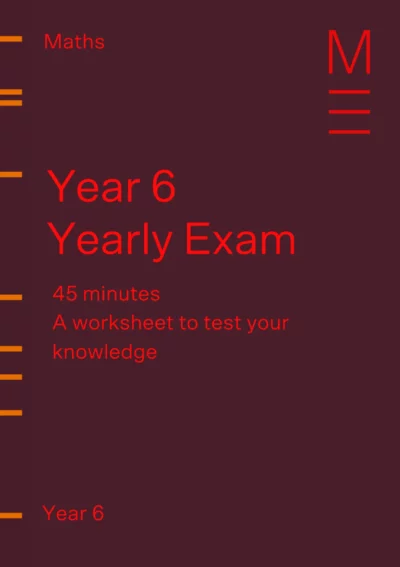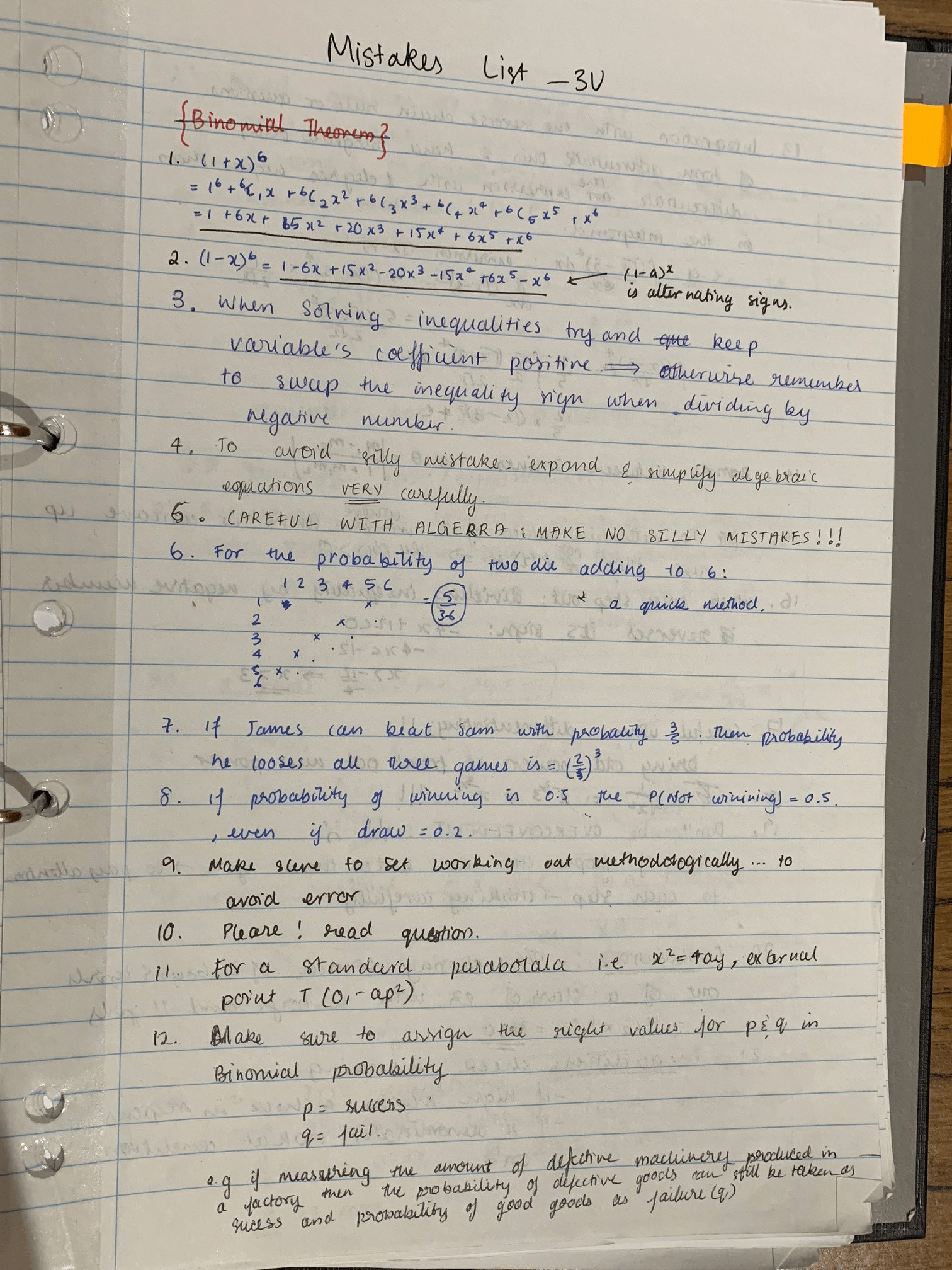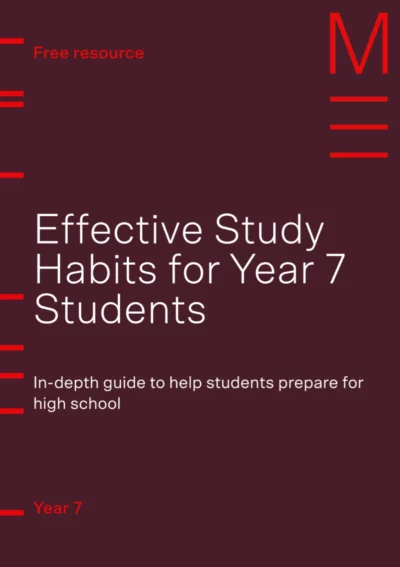Welcome to Matrix Education
To ensure we are showing you the most relevant content, please select your location below.
Select a year to see courses
Learn online or on-campus during the term or school holidays
Learn online or on-campus during the term or school holidays
Learn online or on-campus during the term or school holidays
Learn online or on-campus during the term or school holidays
Learn online or on-campus during the term or school holidays
Learn online or on-campus during the term or school holidays
Learn online or on-campus during the term or school holidays
Get HSC Trial exam ready in just a week
Get HSC exam ready in just a week
Select a year to see available courses
Science guides to help you get ahead
Science guides to help you get ahead
The jump from Year 6 to Year 7 Maths doesn't have to be scary! Here are 5 skills that will give you a head start and help you succeed in Maths.

Join 75,893 students who already have a head start.
"*" indicates required fields
Related courses

Join 8000+ students each term who already have a head start on their school academic journey.
High School Maths is much more complex than Primary School Maths. Sometimes, Year 7 students become unmotivated to study for Maths because they struggle to understand the concepts and keep getting their answers wrong.
However, there are some very useful tips that will help Year 7 Maths students to prevent them from falling behind.
In this post, we will go through the 5 essential Math Skills that will give Year 6 students the head start into Year 7 maths.
Take our Year 6 yearly exam and test your child’s skills.

Think your child is ready for Year 7 Maths? Test your child’s maths skills and knowledge.

Fill out your details below to get this resource emailed to you.
"*" indicates required fields
You may have heard people say, “It’s not about the destination, it’s about the journey!”
That is VERY true when it comes to Maths.
A big trap that students tend to fall into is that they entirely focus on the solution.
However, you will find that most of the marks are awarded for HOW you got to the answer, NOT the answer itself.
So, it is important that you show all of your working to get the highest possible marks.
However, you MUST NOT simply memorise a step-by-step method to get the correct answer.
Memorising step-by-step methods will not help you answer challenging questions.
Instead, you need to understand different mathematical concepts and creatively think about how you can apply these concepts to get to the answer.
Maths is a great avenue to challenge boundaries and see how different methods can bring you to the same answer.
Let’s take a look at a simple 3-step process:
STEP 1: Identify the problem
STEP 2: Explore and develop various solutions
STEP 3: Execute the most efficient solution
Critical thinking and creative thinking go hand in hand.
Whereas critical thinking is about judgement, creative thinking is about thinking outside the box.
Both skills are very useful and applicable to everyday life.
Let’s see how this works with a tricky question.
The problem:
“A small airport interviews all the people taking a flight on one day and finds that half the people said that their plane was 20% full and the other half said that their plane was 80% full. On average, how full was each plane?”
*Assume that all planes have the same capacity*
Oofta! That’s tricky!
Did you solve it? No?
Let’s see how creative problem-solving can help you solve this.
We have to figure out the percentage of people on an unknown number of planes from two conflicting reports about how full their planes were:
Clearly, the total number of people on planes should equal 100%.
So we need to use this information to deduce how many planes there are.
How do we do this?
We assume there is only 1 plane with 80% capacity.
Why?
The ratio of 1:4 seems to suggest that there are 5 planes as that would add to 100%
Now the question states that half of the people in the airport must fill that 80% plane.
This means that the other half must fill 4 planes with 20% capacity.
Now we need to work out what this means in terms of the average of capacity across all 5 planes.
To do that we add the percentages togetehr and divide by the number of planes before converting that to a percentage:
\begin{align*}
\frac{(0.2+0.2+0.2+0.2+0.8)}{5} = 0.32 \\
=32% \\
\end{align*}
So, the planes were 32% full on average.
\( (3 \times 3) + (2 – 1) = 10 \),
BUT
\( (3 – 1) \times (3+2) \ \) ALSO \( \ = 10 \)
We just found 2 ways to make 10 out of 3, 3, 2, and 1.
Just like there are many paths to get to school. There are many ways to solve different Maths problems.
So, it is important that you approach Maths with an open mind.
This gives you a chance to explore different methods to solve a Maths problem.
You would have already noticed that challenging Maths questions are basically questions that draw from a variety of topics.
For example, this is a question from our Year 7 Beginner’s Maths Guide: Angle Relationships.
1. Find the size of \( x \)
To answer this question, you will need knowledge of algebra, and geometric properties.
So, it is important that you are confident in all Maths topic and that you apply your critical thinking skills to figure out how to approach these types of questions.
Critical thinking is basically analysing the information you are given, and coming up with a judgement.
Critical thinking in Maths follows this process:
Remember, it is important that you utilise everything you understand in a topic to help you tackle more challenging questions.
This is how you critically think.
As this skill develops, you can apply critical thinking to every life situations.
Book your free Matrix Lesson today. Join over 4500 students who already have a head start. Learn more about our Year 7 Maths Term Course.
Does your child need a boost for High School Maths?
Develop their skills. Help their confidence. Learn from the best with our Year 7 Maths Term Course.
Does ‘practice makes perfect‘ sound familiar to you?
Well, you can’t win a running race by reading articles on ‘how to win a race‘.
You need to train! ?♀️ ?♂️
This is just like Maths!!
As you progress through High School, you’ll find that the workload for Maths increases quite a lot.
That’s because practice is crucial to success in Mathematics.
You need to understand and then, apply the concepts to range of questions. Even those with hidden tricks!
However, many students struggle to stay disciplined throughout the year.
Think about it.
Every year, you say, “This will be my year!”
And it’s true for the first 3 weeks… And suddenly, you’re behind on all your homework, notes and revision.
Don’t let this be you anymore!
1. Set smaller, achievable goals.
We don’t want you to lose motivation just because you can’t finish a whole Maths exercise in 10 minutes.
Instead, give yourself 30-60 minutes to finish the exercise.
2. Set allocated times
Give yourself a specific time slot to practice Maths.
Use this time to revise questions explained to you in class and do your exercises.
This will ensure that you don’t keep putting Maths off until it’s too late.
For example, allocate Sunday mornings before soccer practice for Maths revision, or every weekday from 4-5pm.
Remember, it also needs to be flexible!
If something comes up during this time slot, you need to be able to re-allocate another time slot to work on Maths.
3. Remove your distractions!
If you can’t study because you’re always on your phone, or your siblings are too noisy… you need to remove them!
(Don’t remove your siblings… as tempting as it is. You know what we mean.)
Find a nice quiet place to study.
Put away technology and any other distractions!
4. Don’t neglect things you don’t understand
You will never “go back to it later”.
If you don’t understand something, go back and ask your school teacher or Matrix teachers or tutors to explain it (Matrix students usually book a free One-to-One Matrix Workshop to go through these difficult concepts if they didn’t understand them in class).
Remember, all Math topics are interrelated. So, if you have a missing gap, it will affect the other topics.
This is why it is crucial that you iron out any crinkles before it becomes too big of a problem.
5. Give yourself small breaks
It is important that you give yourself a 5-minute break every 15-20 minutes.
Take this time to drink some water, eat a snack, stretch your legs or take a toilet break!
But remember, this is NOT the time to use your phone or watch some Netflix.
6. Reward yourself!
After you’ve studied for 1 hour (that’s three 20-minute sessions with two 5-minute breaks), it’s time to give yourself a bigger break!
Maybe treat yourself to the KitKat you’ve been eyeing or watch another episode of Stranger Things.
You can give yourself 30 – 60 minutes to reward yourself.
When you go into Year 7, it is important that you communicate with your peers and teachers when it comes to Maths.
This doesn’t mean that you need to suddenly become the most outgoing person in the grade.
What this simply means is that you need to:
When you are problem-solving, you should vocalise your thoughts to a peer or teacher, or even teach someone how to answer it!
As Robert Heinlein says, “When one teaches, two learn.”
When you vocalise your thoughts, you solidify your own understanding of the topic.
It is also a great way to see what you don’t know about the topic!
You can identify missing gaps in your knowledge when it comes to reaching the solution.
Don’t sit in silence if you don’t understand something!
As we mentioned earlier, all Maths topics are interconnected.
You need to have a strong understanding of all Maths topics to answer challenging questions.
So, it is crucial that you clear up any confusion early on!
You don’t want to let it grow, and grow to the point where you lose your Mathematics foundations and it starts to affect the other topics.
If you feel embarrassed about asking a question in front of the whole class, just ask your teacher privately after class ends.
But remember, if you are confused, truth is, someone else is also confused!
So, don’t be afraid to ask!
You will never improve if you never fix your mistakes.
And you will never realise your mistakes if you never seek feedback to identify them!
So, here are some tips to help you take advantage of your feedback:
You need to keep a collection of confusing or challenging questions in a book!
This way, you can think about different ways to solve it and work together with your peers.
Whilst Maths can be challenging, it is rewarding to brainstorm the answer to the problem.
If you ever choose to do Maths at University, you will find that working cooperatively with your peers is very common when tackling difficult questions.
Also, this is very useful before exams!
You can quickly revise these difficult questions and test yourself.
It is an effective way to remind yourself about the hidden tricks.
If you don’t pay attention to your mistakes, you will keep making the same ones!
So, to fix this, you need to keep a record of your mistakes in your exams and exercises!
Quickly jot down your mistake.
For example, forgot to write the units after a number or lots of indices errors.
After you write them all down, you will notice a pattern of your common mistakes.
Identify them and work on them!
Here’s an image of Matrix Alumnus Anjali Satheesh’s mistake book that helped her score an ATAR of 99.40!

If you keep forgetting to do something, then remind yourself to do it.
If you keep getting questions from a particular topic wrong, it’s time to revise or ask for help!
It is better to fix your mistakes at an early age, rather than realise them during your important Year 12 exams.
In-depth guide to help students prepare for high school. Fill out your details below to get this resource emailed to you. "*" indicates required fields
Free Guide Effective Study Habits for Year 7 Download

Free Guide Effective Study Habits for Year 7 Download
Written by Matrix Maths Team
The Matrix Maths Team are tutors and teachers with a passion for Mathematics and a dedication to seeing Matrix Students achieving their academic goals.© Matrix Education and www.matrix.edu.au, 2025. Unauthorised use and/or duplication of this material without express and written permission from this site’s author and/or owner is strictly prohibited. Excerpts and links may be used, provided that full and clear credit is given to Matrix Education and www.matrix.edu.au with appropriate and specific direction to the original content.